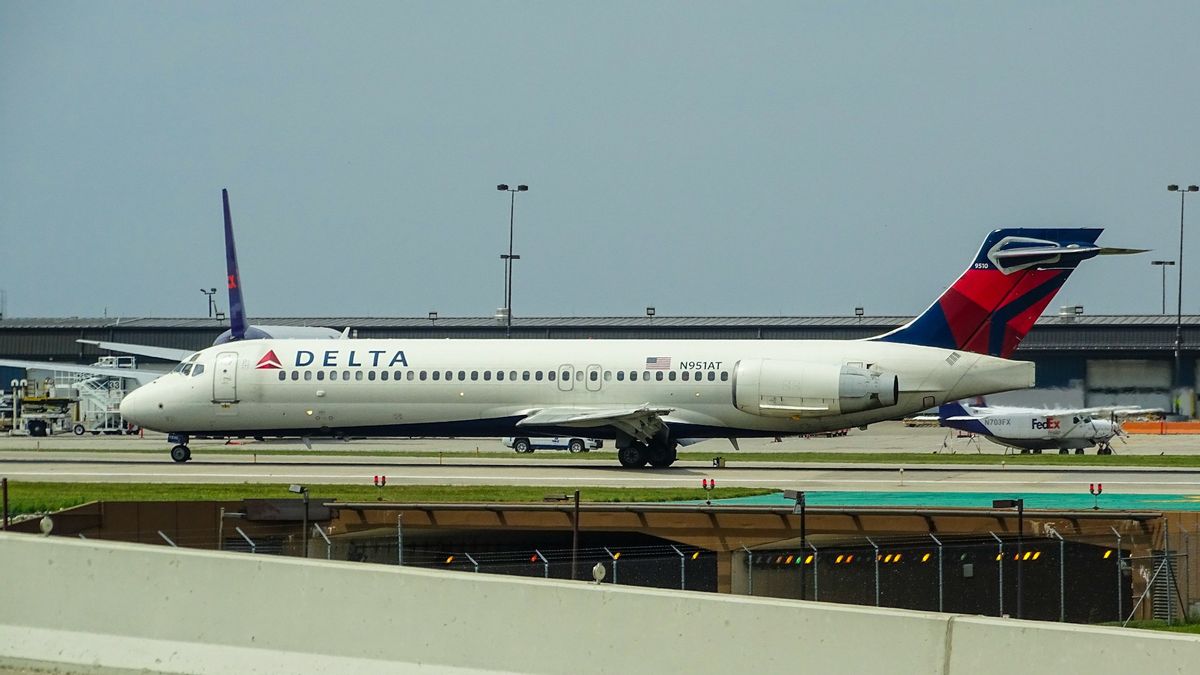Delta Airlines and the Palestinian Flag

Delta airlines palestinian flag – Delta Airlines has had a long and controversial relationship with the Palestinian flag. In 2006, the airline banned the flag from being displayed on its flights, citing security concerns. This decision was met with widespread criticism from the Palestinian community and its supporters, who accused Delta of discrimination.
Reasons for the Ban, Delta airlines palestinian flag
Delta Airlines has stated that its decision to ban the Palestinian flag was based on security concerns. The airline has said that it does not want to be associated with any political or religious symbols that could potentially incite violence or discrimination.
Public Reaction
The public reaction to Delta Airlines’ decision to ban the Palestinian flag has been mixed. Some people have supported the airline’s decision, arguing that it is necessary to maintain a safe and neutral environment on its flights. Others have criticized the decision, arguing that it is discriminatory and violates the rights of Palestinians to express their national identity.
The Palestinian Flag and International Law: Delta Airlines Palestinian Flag

The Palestinian flag is a symbol of Palestinian identity and self-determination. It has been flown at protests and demonstrations around the world, and it is often seen as a symbol of Palestinian resistance to Israeli occupation.
The Palestinian flag is made up of three horizontal stripes of black, white, and green. The black stripe represents the Abbasid caliphate, the white stripe represents the Umayyad caliphate, and the green stripe represents the Fatimid caliphate. The red triangle on the left side of the flag represents the blood of Palestinian martyrs.
The Palestinian flag was first adopted in 1917 by the Arab Congress. It was officially adopted by the Palestinian National Council in 1964.
Legal Status of the Palestinian Flag under International Law
The legal status of the Palestinian flag under international law is complex. The flag is not recognized by all countries, and its use is sometimes restricted or banned.
In 2015, the United Nations Human Rights Council passed a resolution calling on all countries to respect the Palestinian flag. However, the resolution is not binding, and some countries continue to restrict or ban the use of the flag.
Implications of Delta Airlines’ Decision
Delta Airlines’ decision to ban the Palestinian flag has been met with criticism from some quarters. Critics argue that the decision is discriminatory and that it sends a message that Palestinians are not welcome on Delta flights.
Delta Airlines has defended its decision, saying that it is not political and that it is simply a matter of safety. The airline says that it does not allow any flags on its flights, regardless of the country or cause.
The recent incident involving Delta Airlines and the Palestinian flag has sparked a debate about the rights of individuals to express their political views. The issue of freedom of expression is a complex one, and there are no easy answers.
However, the case of trainee IAS officer Pooja Khedkar , who was suspended for her social media posts, raises important questions about the limits of acceptable speech. While it is clear that Delta Airlines has the right to set its own policies, it is also important to remember that freedom of expression is a fundamental human right.
Ultimately, it is up to each individual to decide where they stand on this issue.
The incident involving Delta Airlines’ Palestinian flag ban stirred controversy, highlighting the complexities of cultural sensitivity in international travel. However, this incident also sheds light on the inspiring story of Pooja Khedkar , a trainee IAS officer who has dedicated her career to promoting interfaith dialogue and fostering a culture of inclusivity.
Her work reminds us that even in the face of adversity, individuals can make a significant impact in building bridges of understanding.